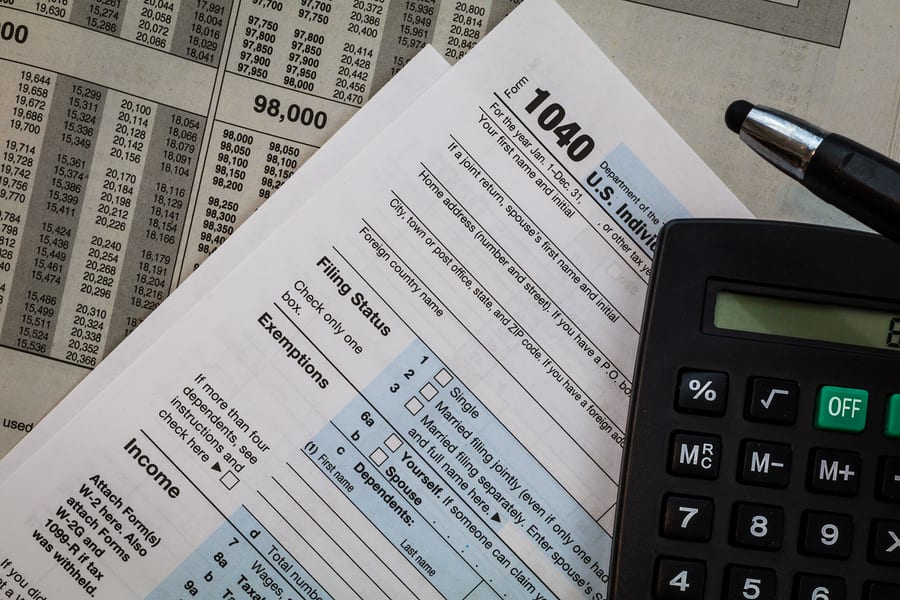
Introduction
Per diem payments are basically daily allowances, set forth by IRS, for covering expenses while employees are traveling for work.
The exact amount of per diem you get for traveling is based on the cost of living in the area where you’re traveling, and per diem is not considered a wage—thus, it’s not subject to income tax.
But here’s the thing.
In order for per diem to count as per diem, you need to keep meticulous records so that the IRS will accept those expenditures as per diem—and you need to make sure that you don’t overspend on per diem, because any amount that exceeds the per diem rate is considered taxable income—and thus, becomes a tax liability for the company.
In other words—keeping that from happening is really the most important thing.
So in this blog post, you’re going to learn 4 tips to help keep that from happening.
Let’s dive into it and talk about it.
1. Use The Correct Per Diem Rate
The GSA sets per diem rates based on the cost of living in different locations. And if you make sure to always be aware of what per diem is, you can make sure that you’re always tracking your expenses and not overspending on per diem due to a miscalculation of what it’s supposed to be.
In other words—if you mistakenly believe that per diem for meals is supposed to be one amount, and then you spend that amount—only to realize later that you actually spent too much and that the per diem was lower—well, that is going to result in you overspending and then getting taxed on that extra amount because at that point, the extra will technically be considered wages.
2. Keep Track Of All Your Expenses
In order for per diem to count, and in order for the company to get their deduction, you’ll need to keep meticulous records of your expenses.
You can learn more about this by reading the Hotel Engine per diem guide.
But in essence, you want to make sure that you’re keeping great records so that your company actually gets all of the deductions they’re supposed to get.
What you don’t want to do is not track expenses, plan for a bunch of per diem deductions, and then wake up one day to realize you’re not actually getting to deduct any of those expenditures due to improper record keeping.
Even worse, you could end up with an audit.
And honestly—nobody wants that to happen, right?
3. Don’t Overspend Your Per Diem
It’s also important not to overspend on your per diem.
Whatever the allowance is for that particular type of purchase, make sure that you’re aware of the limits and that you only spend up to the limit.
Otherwise, all of that extra expenditure is going to be treated as taxable income—and this will only further increase your company’s tax liability.
4. Try To Make Use Of Any And All Tax Breaks Available To You
It’s important to be aware of any additional tax breaks you can get that may work in conjunction with your per diem.
For example—you may want to get together with your CPA or company tax professional to make sure that you’re checking for all applicable tax breaks, and then making a detailed plan for how you can add to those breaks to get even more deductions or credits for purchases you’re already making.
This may sound like a lot of extra work. But the truth of the matter is that it’s more than worth it. And if the goal is to help you minimize your per diem taxes—well, then it’s an effort that could very well mean the difference between spending extra money on taxes while traveling or saving that money to put toward something else in the future (equipment, more trips, marketing, extra help, etc.).
Conclusion
There you have it.
Everything you need to know about how to minimize your per diem taxes while traveling for business.
Taxes are complicated. But with a great tax professional in your corner, you can make them work for you more than ever.
All you need to do is understand your budget and plan accordingly.
Leave a Reply